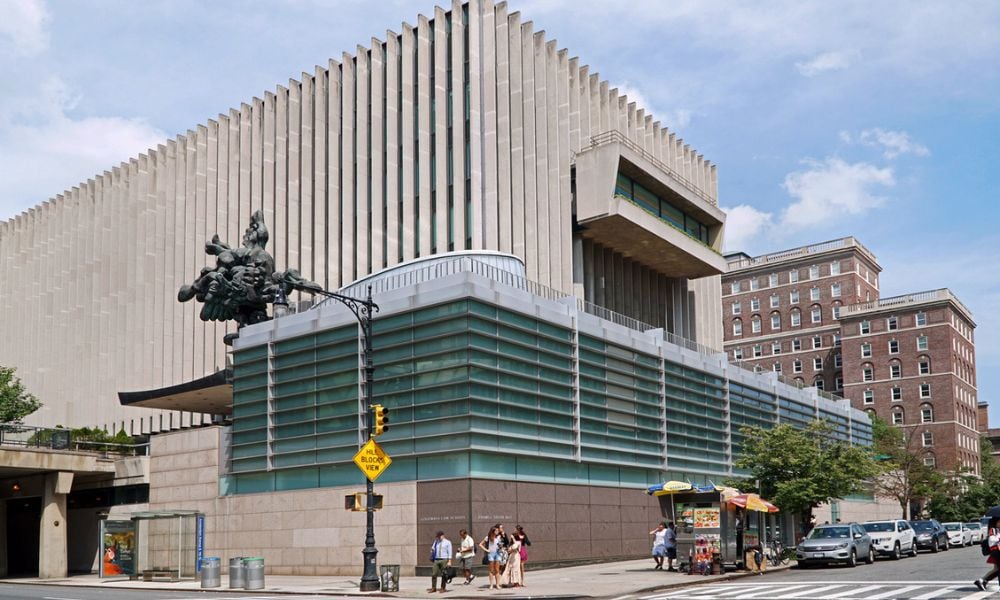
There were concerns about a 'secretive process' used in editing an article on Zionism

The website of the Columbia Law Review was temporarily taken offline following a controversy over the editorial process used for an article that described Zionism as a form of colonialism and racism, the American Bar Association (ABA) Journal reported.
The law review’s board of directors cited concerns about a “secretive process” in editing the article. According to the Columbia Spectator, student editors responded by voting to strike on June 6. The motion passed 20-5 with two abstentions. The student editors, who are demanding editorial independence, plan to form a group to determine which actions will be paused during the strike.
The article in question, titled “Toward Nakba as a Legal Concept,” was written by Rabea Eghbaria, a Palestinian human rights lawyer and doctoral candidate at Harvard Law School. Eghbaria argued that the term “Nakba,” meaning “catastrophe” in Arabic, should be used to describe the ongoing subjugation in Palestine.
The board of directors, consisting of the law school dean, faculty members, and alumni, stated in a letter that while they typically do not intervene in content decisions, they were concerned about the unusual review process for Eghbaria’s article. The website was taken down after student editors did not comply with the board’s request to delay the article’s publication so that all student editors could review it.
The board’s statement, released when the website was restored on June 6, explained that several student editors had only recently learned of the article’s existence. The board described the secrecy as “unprecedented,” noting that all articles are usually accessible to all student editors during editing.
Katherine Franke, a professor at Columbia Law School, told the New York Times that the student editors used an “irregular process” due to fears of censorship. According to a committee statement, a smaller committee solicited the article, which underwent at least six rounds of intensive editing and fact-checking over several months.
The student editors’ demand for editorial independence highlights a broader issue of control and transparency in academic publishing. The incident has drawn attention to the tensions between student editorial boards and institutional oversight, particularly concerning contentious topics.